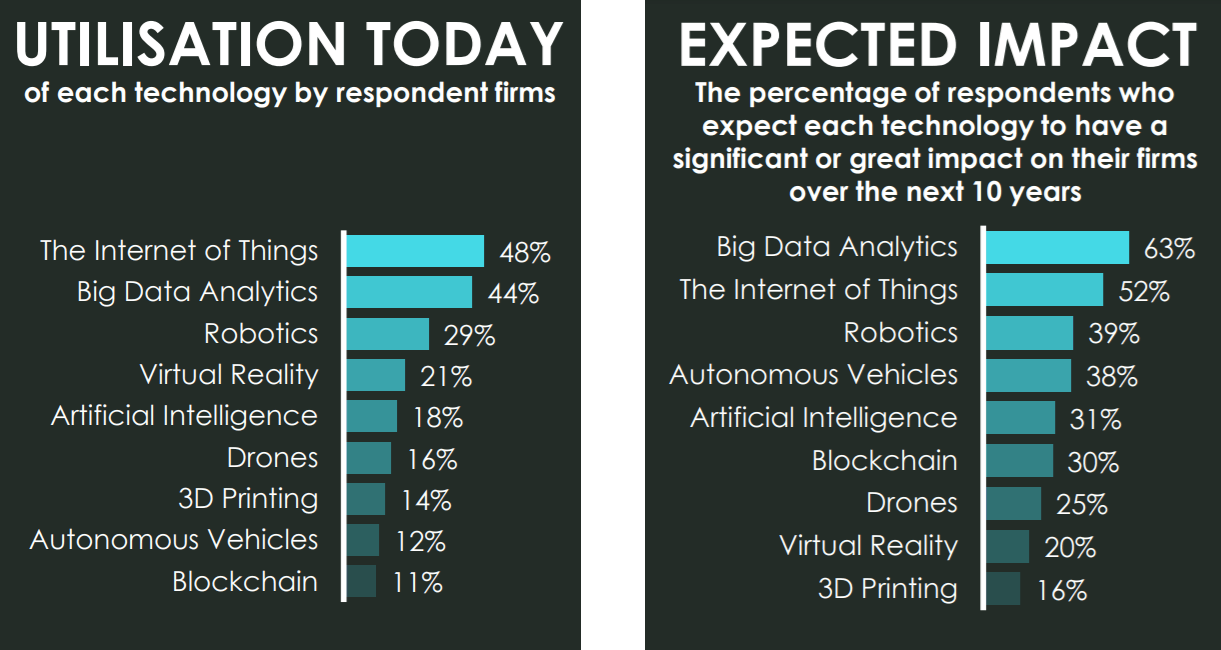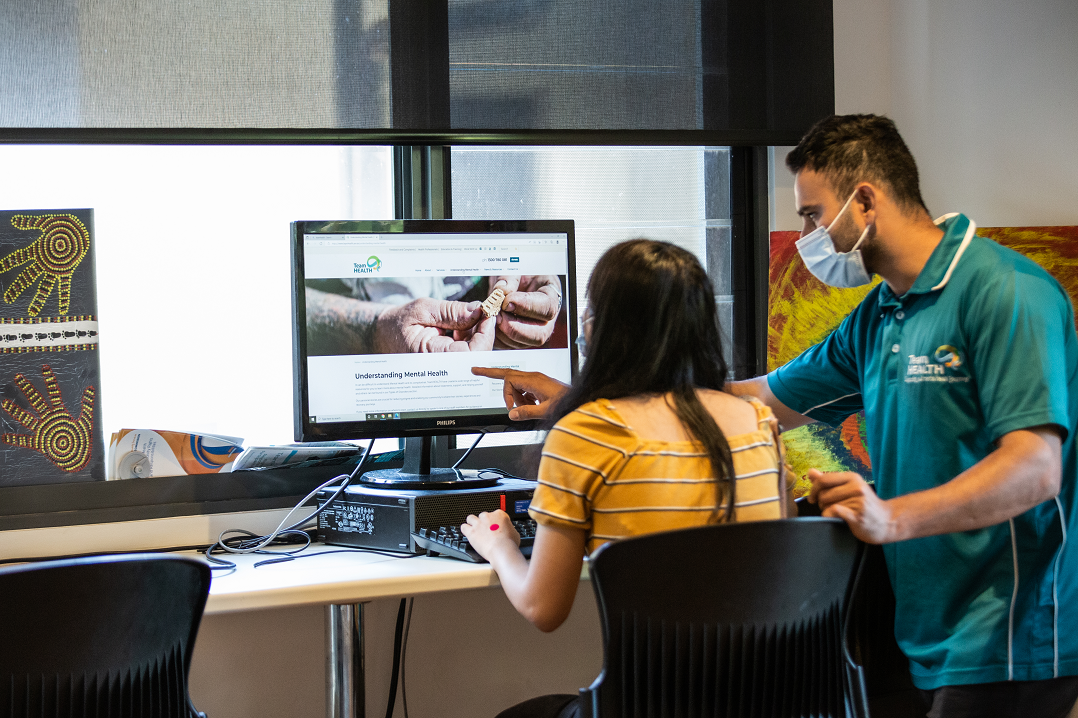Future of Our Fruit - within the Supply Chain
Article by Neda Aleksic
Have you ever purchased fresh produce from a supermarket or your local convenience store to realise it’s not so fresh after all?
According to Logistics Bureau, fresh produce typically spends up to half of its shelf life in transit between suppliers and retailers.
Suppliers face the daily challenge of ensuring fresh produce gets from the source to the destination before spoilage, ensuring that the foods are safe for sale.
So, what can be done to ensure that products are kept in pristine condition for consumer purchase?

The Department of Agriculture and Fisheries recently shared at the 2021 Hort Connections Conference an evolving data management tool for supply chain decision-makers called a ‘USB Logger’. The USB Loggers enable monitoring shipments of fresh produce to identify the:
- ripeness at specific arrival points in a supply chain
- temperatures of produce to maintain consistency
- shipment movement throughout the supply chain
This innovative technology proposes to assist with real-time data through the life of the supply chain and reduce data manipulation with manual inputs. However, it is essential to ensure the supplier's handling of fresh produce is maintained to a set standard as an added layer of protection to meeting consumer needs.
Fresh produce spoils quickly. Worst of all, in many cases, it does not show signs of spoilage until it’s too late, resulting in shipments being rejected at the very end of the supply chain, typically leaving the supplier, producer, or grower bearing the cost of the loss.
The monitoring tool will provide exporters with precise data of shipment delays and movements of damaged goods to ensure correct responsibility is identified and not a cost outcome to the incorrect party.
Not only has the utilisation of Supply Chain Traceability excelled, but The 2018 Australian Supply Chain Tech Survey reported the following technologies to have a significant or greater impact on 188 respondents businesses throughout the supply chain over the next ten years, compared to their utilisation today:

The risk of security and hacking is a massive concern in developing technologies, with 90% of respondents expressing concerns that security and hacking within the sector will significantly impact the workforce.
With customers having greater interest and accessibility in the origins of their purchases minimising cybercrime and personal data leaks across the supply chain is a factor that needs continuous attention to prove these technologies are beneficial and safe.
For more information on how technology is impacting industries and changing occupational skills, contact the team at ISACNT.








